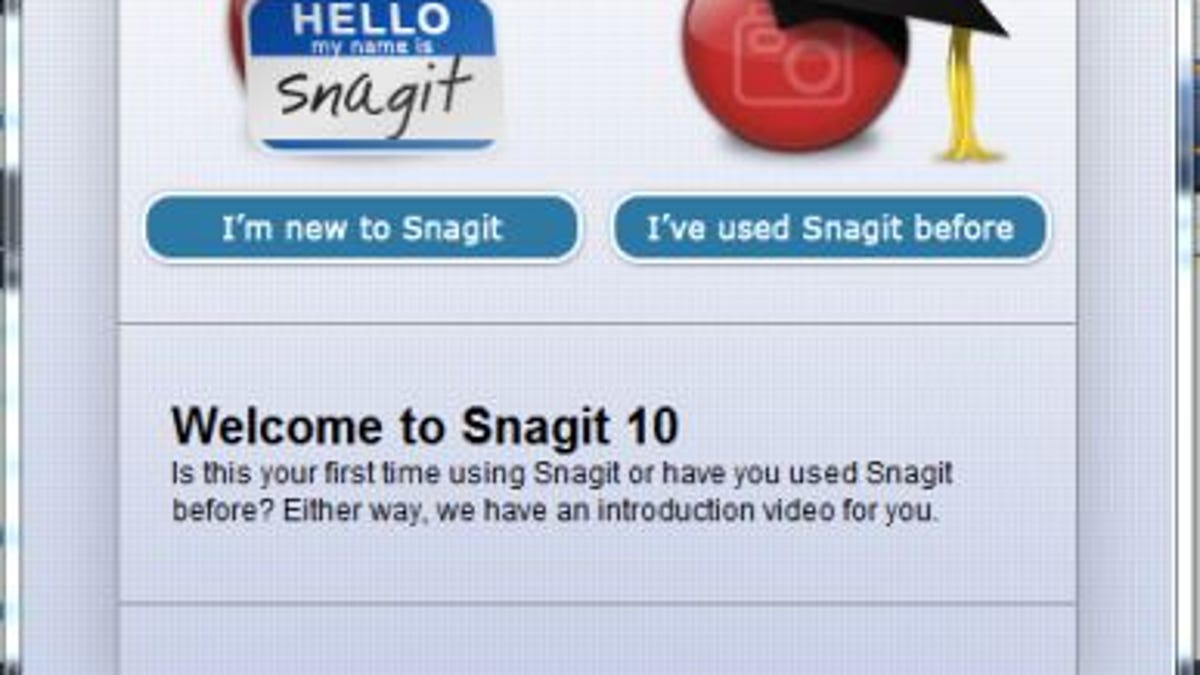OpenCandy brings the bucks to desktop software
Software installation wrapper OpenCandy argues that it's still lucrative to make desktop apps and points to one billion installs as the proof.

LAS VEGAS--If you want to make money off of apps, you must develop for mobile, right? Wrong, says SweetLabs' Chester Ng, who points to his company's success with its OpenCandy project to help developers earn a living.
The problem is both cultural as well as logistical, Ng said in an interview outside the Las Vegas Convention Center. Desktop software, especially on Windows, has a long history of being developed as freeware. But pitching a secondary software purchase to the user during the installation process had been poisoned, he said.
"The problem is that developers don't like the Ask toolbar monetization," Ng explained.
To that end, his company SweetLabs developed OpenCandy to create a better offer experience for both the user and the developer, he said. "We're not showing the same offer over and over. If you're downloading a PDF tool, [the user] might see an offer for a productivity app."
The past year has been a good one for the 5-year-old startup based out of San Diego. OpenCandy has hit more than 1 billion installs of Windows freeware, and month-over-month volume increased by 63 percent in 2012. Payment rates to app developers jumped 70 percent in the same period.
One developer that started using OpenCandy was able to earn enough from the OpenCandy payouts to him that he was able to quit his day job, said Ng.
Ng explained the recent success as a result of three changes in the software developing market: changes Google made to its AdWords policy, a browser vendor crackdown on search engine changes and add-ons installed without user permission, and rumors that Google is about to get involved much more heavily in search engine redirects and shenanigans.
For the last one, Ng refused to explain more than to say, "This will change the market towards diversity and quality. It levels the playing field."
OpenCandy allows developers to control the offers that their users encounter. They can choose which offers their users see, whether direct deals are involved, and to make an offer opt-in or opt-out.
OpenCandy used to force opt-in on developers. "The market just wasn't ready to support that," Ng said. "But it's where [developers] are heading."
A broad range of developers and advertisers have partnered with OpenCandy. On the advertiser side, there are big name players like Microsoft, Amazon.com, Symantec, and AVG, but also smaller outfits like TuneUp. Better-known developers that use OpenCandy include AOL Instant Messenger, WinAmp, and the gamer favorite CheatEngine.

